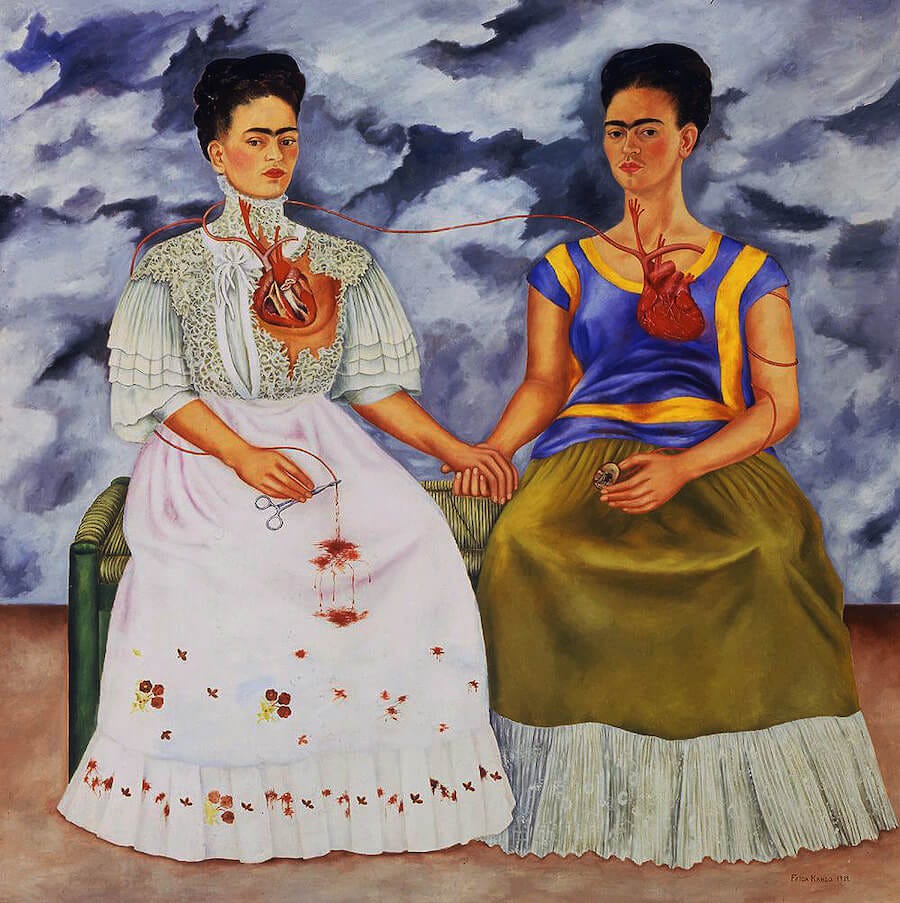Writers talk less like themselves
This strange thing started happening when I began writing. Some people — close friends — read my writing and told me, on separate occasions, you don’t sound like that.
I don’t sound like what? What do you mean, I wrote it.
To me, there’s just me and whatever comes out. I say things and text things and type things. I do these at different times and places, true, but they’re all me. I don’t want to discount their perspectives; my friends see things I don’t, so I try to listen. This is something I find endless amusement in musing about, especially when it comes to relationships. Somehow, we confidently say we don’t see our friends’ girlfriends as right for them, but when one of our friends sees the same with us, we invoke our own privileged access to nullify their opinions. They can’t possibly see what I see. It’s some type of asymmetry we grant ourselves; is it always hypocrisy?
I hope not. Hypocrisy is an allergy of mine. I will be the first to sniff it out in others. And yet I can recognize, in poisonously brief and palatable doses of humiliating self-honesty, how much I let myself get away with. I try to minimize it, but I’m too weak to fork over all my hypocrisy chips. I eat meat and know about animal cruelty. I tell white lies to make people feel better, as if it’s my decision to make, even though I don’t want others to dictate my own tolerance for truth.
The truth is, we’re all a bunch of hypocrites. The problem isn’t that we do these things. That we act differently at different times. The problem is that we expect consistency, as if when we were born into the world some voice from above commanded we be the same person at all times — act the same, talk the same, think the same. And I think that’s a load of nonsense.
The things I write, at first, are not the things you read. I splatter words on a blank page. They come from me. I keep going and sometimes go back and change things here and there and then continue on. I write and rewrite and at times go crazy and delete it all out of some passion of embarrassment, thankful no one will ever know about it. Out of this frenzied jumble, a shape takes form as words contort around it, and eventually an idea emerges, one as yet unfamiliar to me. These ideas are as new to me as they are to you, even though they, too, come from me.
When I say they come from me, the problem isn’t the they — the ideas and the words, and the way I present them, whether eloquently or punctuated with breathy ums and uhs. The problem is the me. In writing, I feel a liberation, a freedom to not be confined by the things ordinarily nudging the way I talk. How many times do we respond to someone asking how we’re doing with good as if that bears any relation to how we’re actually doing?
When I write, it’s just me. And when it’s just me and unlimited time and space, I get to explore all these unknown paths, finding corners in my mind more discrete but no less a part of me than the autonomic responses I jettison off in casual conversation. Our patterns of speech dig these grooves, and they grow deeper as they become more comfortable. I don’t want to be confined to walking those same paved paths over and over again, always prioritizing smooth social interactions. At times I do, but I’m not always doing good and I don’t always agree with what you’re saying. Writing is a way out; it is also a way in, into ever deeper caverns of a me that, although they may seem contradictory to others, are every bit a part of a boundless whole. I never agreed to be one person. As Walt Whitman said I am large, I contain multitudes.
Do I contradict myself?
Very well then I contradict myself,
(I am large, I contain multitudes.)
— Walt Whitman (Leaves of Grass)



